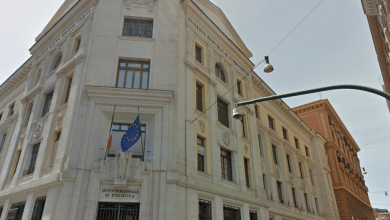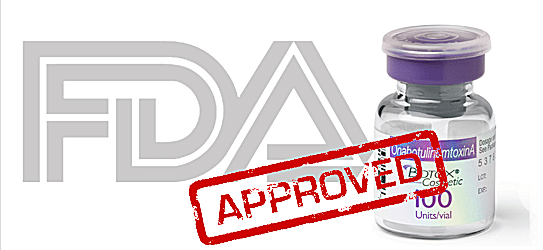
The pill that cures postpartum depression in 48 hours (and costs $34,000)
Currently the classic antidepressants take about two to four weeks to fight the disorder. The Zulresso pill has obtained federal approval in the United States
Zulresso will be called the drug which according to experts will be able to cure post-partum depression, one of the most common complications for women all over the world following a pregnancy, in 48 hours. 48 hours compared to the weeks, between two and four, which use the classic antidepressants, to fight a potentially very harmful disease for newborns.
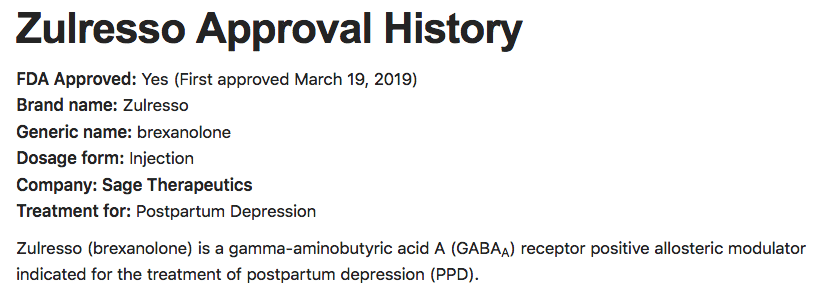 A relief that the patients will pay very dearly: about 34,000 dollars, but there is more, the drug must be delivered by infusion over 60 hours during which the new mother must be admitted to a specialized clinic to be constantly monitored in case of dizziness or fainting, and the 34,000 dollars do not include clinic costs. The officials of the Sage Therapeutics, the company that produces Zulresso, a brexanolone-based drug, expect insurance to cover the treatment, which is fundamental for the national health system, in fact, without insurance, any American hospital generally does not go beyond the application of a plaster.
A relief that the patients will pay very dearly: about 34,000 dollars, but there is more, the drug must be delivered by infusion over 60 hours during which the new mother must be admitted to a specialized clinic to be constantly monitored in case of dizziness or fainting, and the 34,000 dollars do not include clinic costs. The officials of the Sage Therapeutics, the company that produces Zulresso, a brexanolone-based drug, expect insurance to cover the treatment, which is fundamental for the national health system, in fact, without insurance, any American hospital generally does not go beyond the application of a plaster.
Zulresso has already scored anyway federal approval and, according to Sage, clinical trials are going strong and it will be on the market within a couple of years. "The most important thing is, of course, the quick effect," said Dr. Margaret Spinelli, a professor of psychiatry at Columbia University who treats and studies postpartum depression, at the New York Times “The fact that it is the first one designed for postpartum depression is important and means that it will probably be a way to design other postpartum depression drugs to be given in a simpler way,” where “simpler” evidently also stands for “less expensive.”
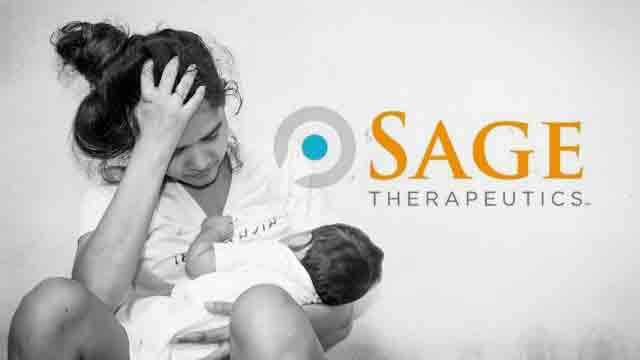 The New York Times also collects the testimony of Stephanie Hathaway, 33, already a mother of two children, who at the birth of the third, Bradley, fell into a vortex of depression so debilitating as to force the family to have her monitored 24 hours a day for weeks. “I started having thoughts that haunted me and wouldn't go away,” she recalled “Your daughter deserves a better mom, I told myself, and your husband deserves a better wife,” and the antidepressant she was prescribed was struggling to show any beneficial effects, so Stephanie decided to volunteer to try brexanolone and after just 12 hours “I woke up from a nap and all thoughts were gone.”
The New York Times also collects the testimony of Stephanie Hathaway, 33, already a mother of two children, who at the birth of the third, Bradley, fell into a vortex of depression so debilitating as to force the family to have her monitored 24 hours a day for weeks. “I started having thoughts that haunted me and wouldn't go away,” she recalled “Your daughter deserves a better mom, I told myself, and your husband deserves a better wife,” and the antidepressant she was prescribed was struggling to show any beneficial effects, so Stephanie decided to volunteer to try brexanolone and after just 12 hours “I woke up from a nap and all thoughts were gone.”
Dr. Samantha Meltzer-Brody, director of the perinatal psychiatry program at the University of North Carolina at Chapel Hill, who also led the research on brexanolone, explains that brexanolone is actually a synthetic form of allopregnanolone, a hormone produced from progesterone in the brain, which can help reduce depression and anxiety by dampening neuronal activity.
The research submitted to the FDA consisted of three clinical studies conducted by Dr. Meltzer-Brody trials involved 247 women randomly selected to receive a placebo or brexanolone. A relatively small number of participants, compared to many other clinical trials, yet enough to persuade a joint FDA advisory committee last year that it recommended approval by nearly unanimous votes.
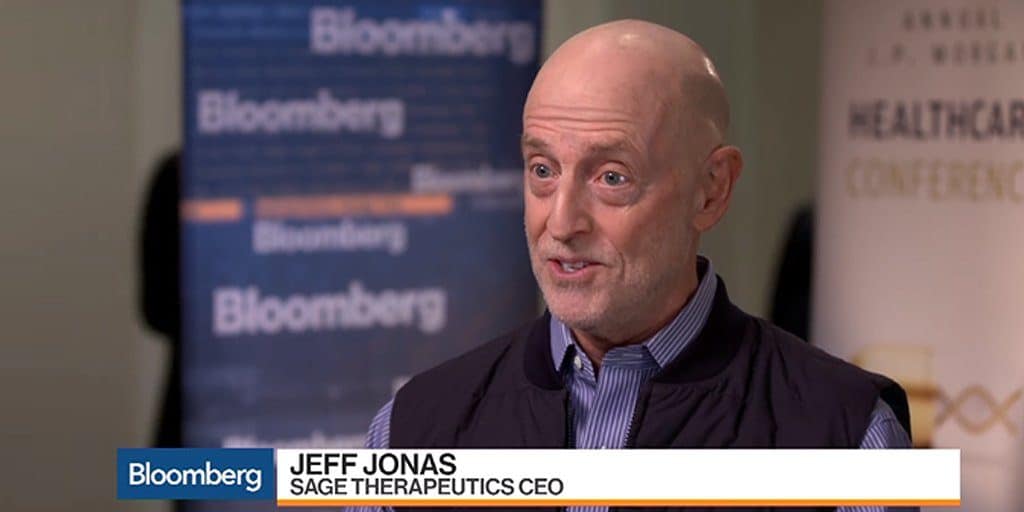 Jeffrey M. Jonas CEO, President & Director, Sage Therapeutics, Inc., received total compensation of $5,748,355 in fiscal year 2017 [source Bloomberg]
Jeffrey M. Jonas CEO, President & Director, Sage Therapeutics, Inc., received total compensation of $5,748,355 in fiscal year 2017 [source Bloomberg]



